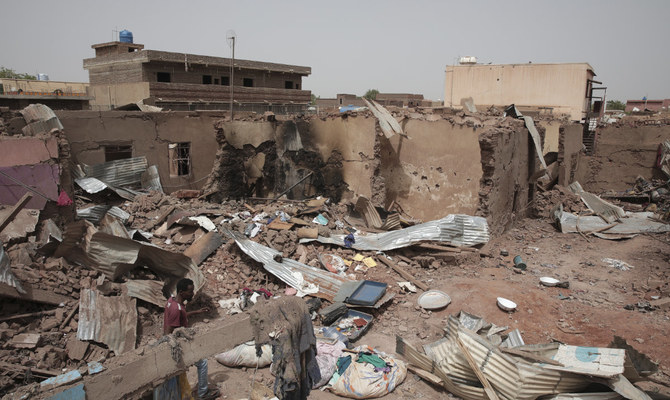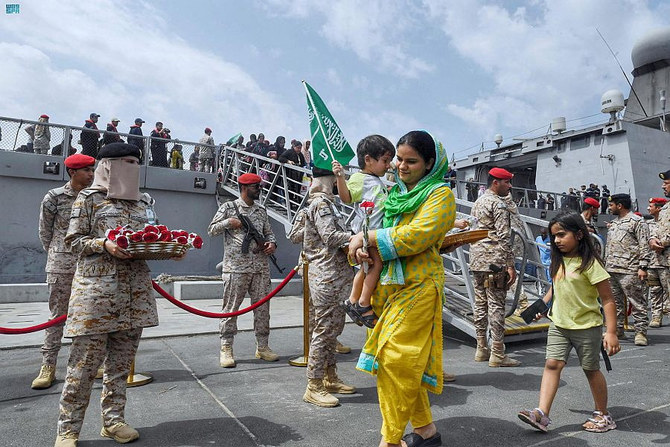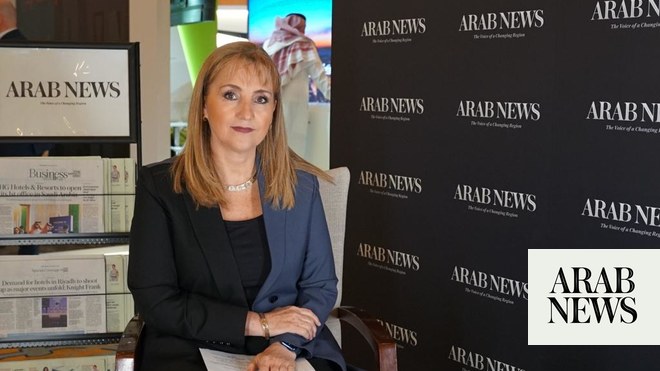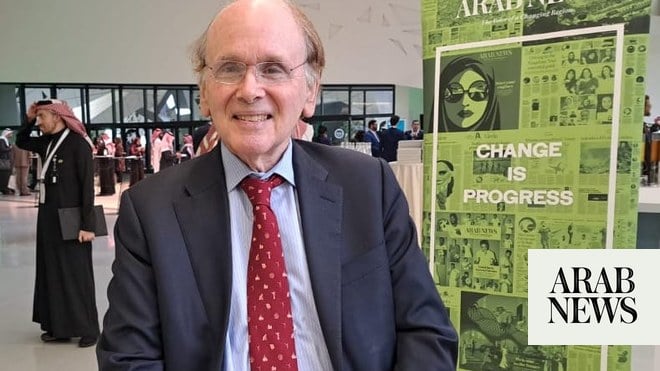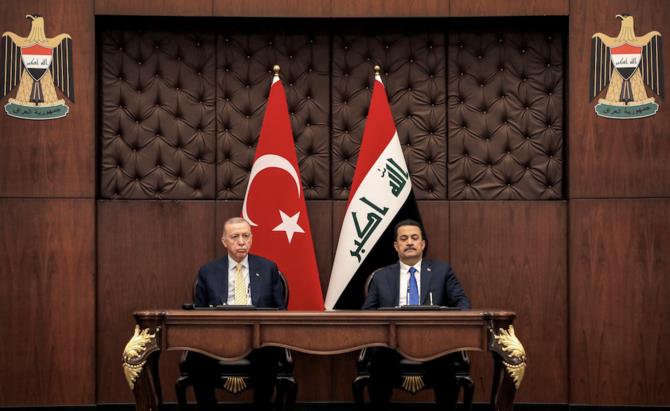
Over the past decade or more, the Middle East’s center of gravity has shifted to the Arabian Gulf, as the Gulf states have started to play more active roles in the region, while the geopolitical influence of countries such as Iraq, Syria and Egypt has relatively declined. However, recent developments are reasserting the prominence of some of these countries in regional politics, particularly with Iraq reemerging as a significant actor.
After decades of conflict, Iraq is trying to pitch itself as a regional actor not only in mediating disputes but also facilitating economic integration and cooperation. For example, Iraq, which has often been an arena for rivalry between regional actors, was instrumental in planting the seeds for last year’s China-brokered Saudi Arabia-Iran deal. The Iraqi government is now trying to leverage its relationships with Turkiye, the Gulf states and the West to shift the country’s status from being a victim of foreign interference to becoming a platform for cooperation. This has not gone unnoticed by Turkiye and the Gulf states.
Turkish President Recep Tayyip Erdogan on Monday paid a long-anticipated visit to neighboring Iraq, his first since 2011, accompanied by a large entourage. The trip occurred at a critical juncture and led to mutual understanding between the two parties, culminating in the signing of 26 agreements and memorandums of understanding on various areas.
One of the most concrete outcomes was the signing of the four-way memorandum of understanding for joint cooperation on the Development Road project between Turkiye, Iraq, Qatar and the UAE. This $17 billion plan aims to establish road and railway infrastructure linking the Gulf with Turkiye via Iraq, leveraging Iraq’s geographical status and its numerous borders to facilitate transportation and trade. The project is to be carried out in three phases: the first to be completed in 2028, the second in 2033 and the third in 2050.
With Iran not in this picture, it might be an indication that Iraq is keen to get out of the Iranian shadow.
Sinem Cengiz
Should the Development Road project achieve its goal of reaching the Turkiye-Iraq border through collaborative efforts between the two countries, it has the potential to catalyze a fresh era of economic cooperation. Such success could mitigate existing conflicts and prompt Ankara and Baghdad to explore alternative approaches toward each other. This would also prove that political disputes can be ironed out through economic and development initiatives. Ankara and Baghdad have been collaborating closely on the project for some time, with one of the key considerations being the involvement of countries in terms of funding. The participation of Qatar and the UAE addresses this concern.
The Gulf countries’ engagement with Iraq is mostly due to Washington’s proactive efforts to draw Baghdad into closer alignment with the Gulf orbit of influence in a bid to contain Iran’s influence, as well as Turkiye’s engagement in Iraq. When Baghdad announced the Development Road project, it hosted a one-day conference that brought together ministers from the Gulf Cooperation Council states, Turkiye, Iran, Syria and Jordan to discuss the initiative. With Iran not in this picture, it might be an indication that Iraq is keen to get out of the Iranian shadow.
Qatar, meanwhile, is keen on establishing a direct economic connection with Turkiye. Doha has also shown an interest in expanding its investments in Iraq. This commitment started with an initial pledge of about $10 billion earmarked for infrastructure and service projects.
Regarding the UAE, Iraq is aiming to leverage the expertise of Emirati firms in managing large ports. The UAE has chosen to assist Iraq, particularly in financing the project, for two main reasons: to support Iraq’s distancing from Iran and to participate in a regional initiative, aligning with its broader vision for development.
However, both Gulf states need to safeguard their investments against Iraq’s unpredictable political landscape. This entails making a sustained, strategic effort to shape Iraq into an area of influence.
It is noteworthy that, aside from helping to ease tensions between Riyadh and Tehran, Iraq also facilitated a meeting between the Qatari and Emirati leaderships after years of tension between the two countries. Therefore, the infrastructure project will not only enhance Turkish-Iraqi relations and Ankara’s relations with the Arab world in general, but it will also foster intra-GCC cooperation as the Gulf states expand their footprint in Iraq. Intra-GCC cooperation would provide strategic depth for the Gulf states in Iraq, making their investments resilient to external and internal pressures.
The UAE and Qatar need to safeguard their investments against Iraq’s unpredictable political landscape.
Sinem Cengiz
However, while the Development Road could potentially improve Iraq’s relations with Turkiye and be beneficial for the Gulf states that are involved, it could also complicate the existing economic and political disputes between Kuwait and Iraq, including their disagreements over maritime borders. However, in light of these disagreements, a healthy political dialogue is necessary to ensure the successful implementation of the project.
Here, Turkiye and the other GCC states’ roles are important. While being cautious, it might be possible that the project could prompt Baghdad to engage in negotiations with Kuwait to address the maritime dispute. Such discussions could prove beneficial for both sides, fostering collaboration in their development initiatives and easing tensions.
Another aspect casting doubt on the feasibility of the Development Road’s implementation is the presence of numerous competing regional connectivity initiatives, such as the Chinese Belt and Road Initiative and the India-Middle East-Europe Economic Corridor. However, the region can undoubtedly accommodate more than one economic corridor. It is not a zero-sum game.
In today’s evolving regional landscape, the Gulf states are playing a significant role in helping Iraq’s reappearance in regional politics. Economic initiatives like the Development Road project signify a shift toward cooperation and regional integration, keeping contentious issues aside. While challenges and competing projects do exist, collaboration among stakeholders, including Turkiye and the Gulf states, promises a more prosperous and interconnected region.
Sinem Cengiz is a Turkish political analyst who specializes in Turkiye’s relations with the Middle East. X: @SinemCngz





